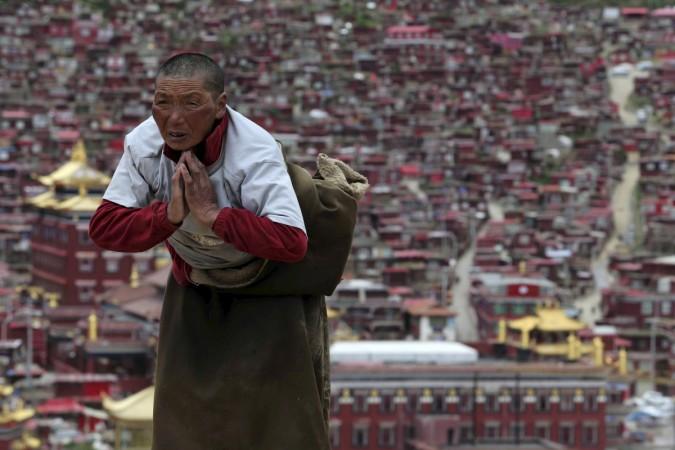
Archaeologists have excavated a temple in China's Chengdu city, around 1,000 years after it was deemed to have been lost, officials said on Sunday.
The Fugan temple lasted from the Eastern Jin Dynasty (317-420 A.D.) to the Southern Song Dynasty (1127-1279 A.D.), Xinhua news agency reported.
It is said that Daoxuan, a famous Tang Dynasty (618-907 A.D.) monk, once performed a religious ritual praying for rains to end a persistent drought in the temple after which it rained -- as if the prayers were heard in heaven.
Famous Tang Dynasty poet Liu Yuxi left a poem to commemorate the temple's renovation, describing its heavenly appearance. It further noted the temple's important role at that time.
However, the building was worn down during the later period of the Tang and Song dynasties, with all traces of the temple disappearing during wars.
Archaeologists unearthed more than 1,000 tablets inscribed with Buddhist scriptures and over 500 pieces of stone sculpture as well as glazed tiles with inscriptions.
"We have only excavated a part of the temple's area but already have a glimpse of its past glory," said Yi Li, who led the excavation project.
He said they have found the temple's foundation, ruins of surrounding buildings, wells, roads and ditches.
During the excavation, archaeologists found some 80 ancient tombs scattered near the temple, dating back to Shang and Zhou dynasties (1600-256 B.C.).

















